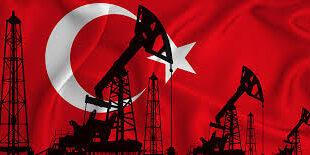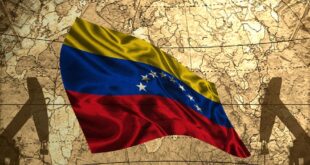House and Senate negotiators have reached an agreement to include additional sanctions against a gas pipeline between Russia and Germany in a must-pass defense bill, according to three people familiar with the matter.
The sanctions against Gazprom PJSC’s Nord Stream 2 pipeline would target insurance and certification companies that work with Russian vessels on completion of the project. They would be included as part of the 2021 National Defense Authorization Act, which must be passed by the end of the year.
New Jersey Senator Bob Menendez, the top Democrat on the Senate Foreign Relations Committee said in an interview that members of Congress wanted “to make it clear that Germany, as an ally, and public officials within Germany, would not be part of any such sanctions.”
The language that would implement the sanctions now requires the U.S. to notify allies before imposition. The provision was added after House Foreign Affairs Chairman Eliot Engel of New York expressed concern that the sanctions would hurt Germany and European countries while letting Russia “off the hook.”
“Spit on our closest friends, let Russia off the hook?” Engel said on the House floor in July. “Doesn’t sound right to me.”
The sanctions are contained in an amendment to the defense bill and draw their language from legislation introduced earlier this year by Senators Ted Cruz, a Texas Republican, and Jeanne Shaheen, a Democrat from New Hampshire. Cruz and Shaheen were instrumental in pushing through Nord Stream 2 sanctions in last year’s NDAA.
The new sanctions legislation specifies that previously enacted sanctions apply to all pipe-laying activities and insurance.
After President Donald Trump signed the NDAA into law last year, AllSeas Group SA stopped work on Nord Stream 2, bringing the project to a halt just weeks before it was expected to be completed.
The U.S. is seeking to block completion over longstanding concern that additional flows of Russian gas would increase the Kremlin’s political leverage over European Union countries. Washington has repeatedly urged Europe to buy more U.S. liquefied natural gas instead.
Earlier this year, the U.S. warned energy companies taking part in Russian pipeline projects of impending sanctions.
“Get out now or risk the consequences,” Secretary of State Michael Pompeo said in July.

 Iran Energy News Oil, Gas, Petrochemical and Energy Field Specialized Channel
Iran Energy News Oil, Gas, Petrochemical and Energy Field Specialized Channel



